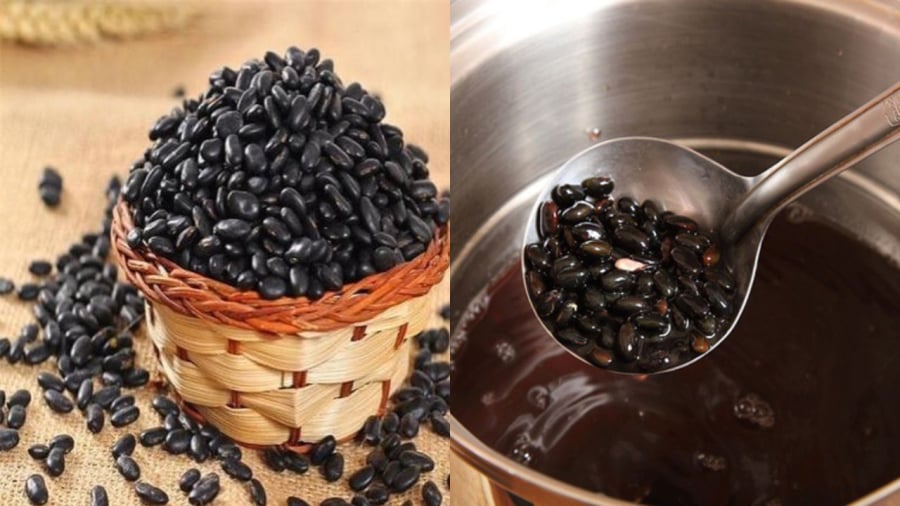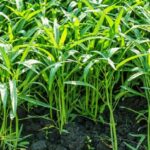1. Individuals with Digestive Disorders
Black beans are packed with soluble and insoluble fiber, which promotes efficient digestion. However, for those with irritable bowel syndrome (IBS) or colitis, consuming black beans can lead to bloating, abdominal discomfort, and indigestion. Oligosaccharides in black beans are difficult to digest and may ferment in the intestines, producing gas, as indicated by research from the American Journal of Clinical Nutrition.

2. People with Chronic Kidney Disease
Black beans are rich in potassium and phosphorus, minerals that individuals with chronic kidney disease need to restrict. High potassium levels can disrupt heart rhythm, while excess phosphorus causes mineral imbalances and increases the risk of osteoporosis. The National Kidney Foundation (NKF) advises patients with kidney disease to closely monitor their intake of these minerals.
3. Gout Patients
Black beans contain purines, compounds that break down into uric acid. Elevated uric acid levels in the blood are the primary cause of gout. Therefore, individuals suffering from gout or at risk of high uric acid levels should limit their consumption of black beans to prevent acute pain episodes.
4. Individuals with G6PD Deficiency
For some people with glucose-6-phosphate dehydrogenase (G6PD) deficiency, oxidizing compounds in black beans, such as vicine and convicine, can lead to acute hemolytic anemia. The World Health Organization (WHO) states that G6PD deficiency is a common genetic disorder, particularly prevalent in Asia and Africa.

5. Immunocompromised Individuals
Raw or undercooked black beans contain lectin, a protein that can cause toxicity, resulting in nausea, diarrhea, and abdominal pain. The US Food and Drug Administration (FDA) warns that immunocompromised individuals, such as the elderly, pregnant women, and cancer patients undergoing chemotherapy, are more susceptible to adverse effects from consuming undercooked black beans.
6. Individuals with Bean Allergies
Although rare, allergies to black beans can occur. Common symptoms include rashes, facial swelling, lip or tongue swelling, and breathing difficulties. Individuals with known allergies to other types of beans should exercise caution when introducing black beans into their diet and consult a physician beforehand.
To minimize potential adverse effects, it is advisable to soak black beans thoroughly and ensure they are thoroughly cooked before consumption. If you fall into any of the aforementioned categories or have specific health concerns, it is best to consult a dietitian or physician for personalized guidance. While black beans offer nutritional benefits, they should be consumed mindfully to maximize their advantages and mitigate potential health risks.





































